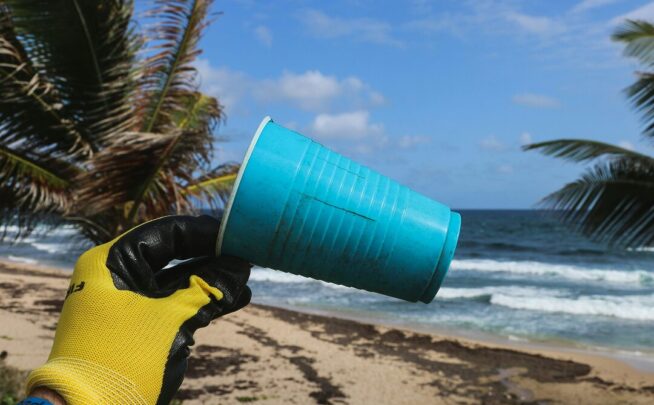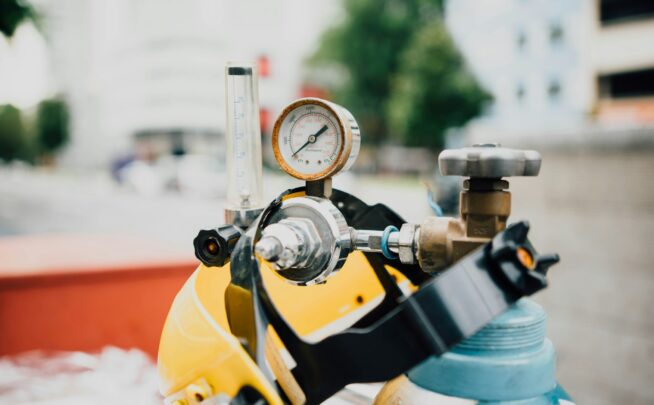The increasing generation of waste, which reflects current production and consumption patterns, is one of the most pressing environmental challenges. Among the most significant environmental impacts associated with waste generation are its contribution to climate change and the pollution of water and marine resources. Additionally, waste is a diffuse source of greenhouse gas emissions, further exacerbating the climate crisis.
Waste management has been regulated at both national and European levels since the 1970s, making it one of the key topics of the European Union’s early environmental policies. However, since 2015, when the European Commission introduced its Circular Economy Strategy, legal frameworks have been evolving to lay the foundations for transitioning toward an economic model where the value of products, materials, and other resources is maximised, resource efficiency is promoted in both production and consumption, environmental impact is minimised, and the release of hazardous substances is reduced at all stages of a product’s life cycle.
Due to the extensive legislative history in this area, circular economy and waste regulations are complex and numerous. There is specific legislation covering biowaste, plastic waste, packaging, tyres, vehicles, construction and demolition waste, used oils, sewage sludge, electrical and electronic waste, batteries and accumulators, textile waste, mining waste, clinical waste, and animal by-products not intended for human consumption (SANDACH).
Given the complexity of these regulations, specialised legal knowledge is necessary to provide proper advice.
Among the services offered by Terraqui are the following:
- Monitoring and analysis of applicable local, national, European, and international legislation on waste prevention, waste management and circular economy, as well as their interpretation by the courts.
- Advice on drafting regulations and planning instruments for waste prevention, waste management, and circular economy strategies.
- Advice on procedures related to waste transfer at the regional, national, European, and international levels.
- Assistance in procedures for giving end-of-waste status and authorising by-products before competent authorities.
- Assistance with registration and compliance requirements for waste traders, agents, and managers.
- Advice on obtaining environmental and urban planning permits for projects related to waste management and circular economy.
- Advice on complying with obligations arising from Extended Producer Responsibility (EPR) regulations.
- Advice on complying with regulations concerning food loss and waste prevention and assistance in developing food waste prevention plans.
- Advice on defining applicable requirements for implementing product reuse projects.
- Advice on the interpretation of regulations related to the single-use plastic packaging tax.
- Legal representation in administrative and judicial proceedings related to waste management and circular economy.
- Legal action to enforce compliance with waste regulations.
- Training on waste and circular economy regulations for businesses, public administrations, and other organisations.
- Legal support in identifying and securing funding for projects related to waste and circular economy.
- Advice on integrating environmental clauses related to waste management and circular economy in public tenders and grants.







